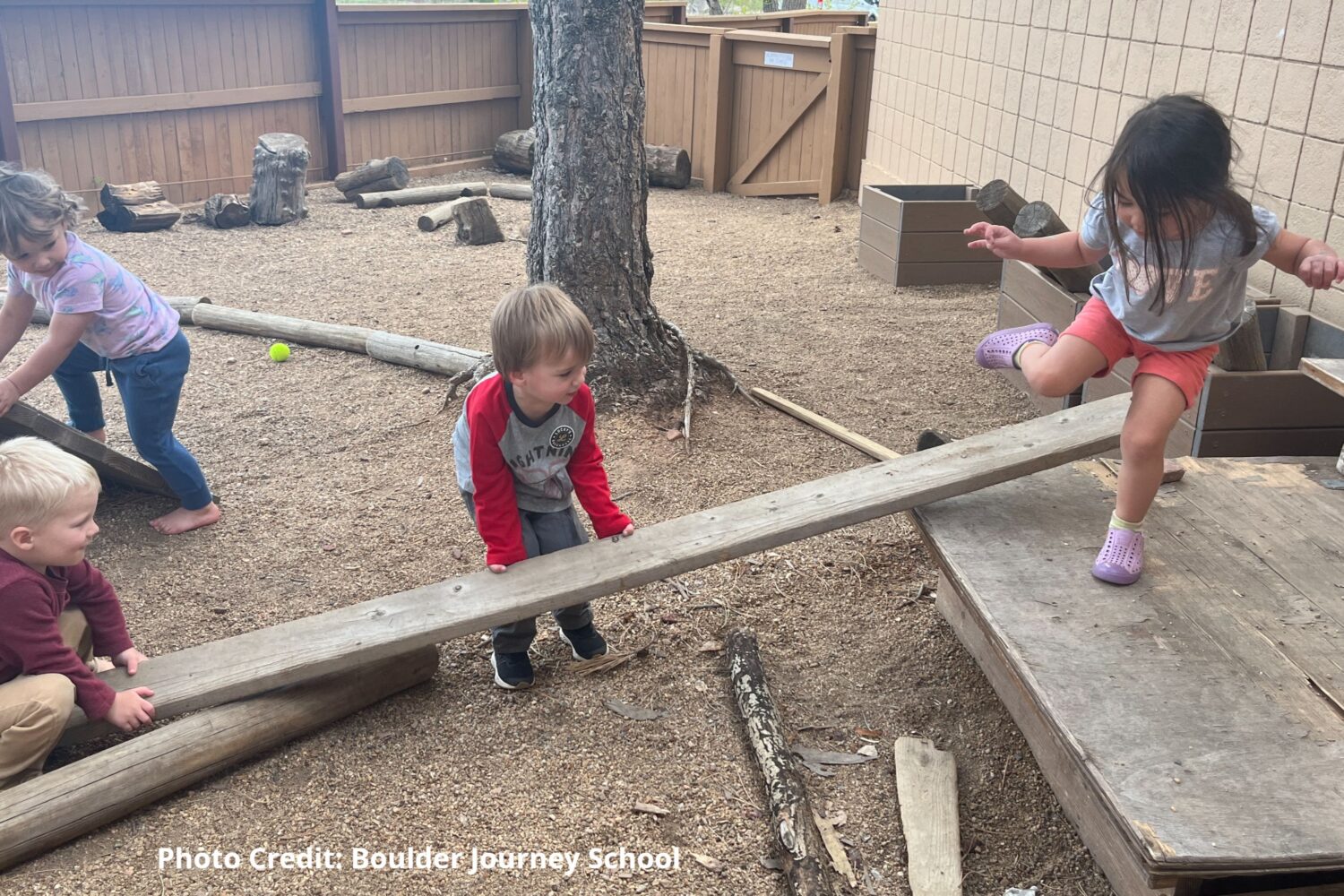Staying optimistic during a pandemic is a challenge for anyone, but the difficulties of finding appropriate child care and transitioning to remote learning have been especially hard for diverse-speaking families. About 28% of Colorado children under eight are diverse language learners (DLLs), and our 2020 survey of more than 11,500 families found that roughly 44% of diverse language households have experienced difficulty finding needed child care during the pandemic. This compares to 30% of all Colorado families and reflects national trends, with diverse language families struggling to find child care that meets individual language and cultural needs.
In Colorado, the top five languages spoken by DLLs are Spanish, Arabic, Vietnamese, Amharic, and Chinese/Mandarin. Families speaking these and other languages were already having difficulty accessing appropriate care and services, and COVID-19 only worsened the issue. Most parents had to care for their children themselves. Others turned to non-preferred child care options.
One Spanish-speaking parent shared: “Sometimes the online assignments are difficult to understand. I want to make sure my child is doing the assignment correctly, and because of the transition to remote learning, it has been more difficult to communicate with my child’s teacher. I am not the greatest with technology, so this transition has made it difficult to meet with teachers and see how my child is doing.”
The National Institute for Early Education Research recently found that 47% of parents felt overwhelmed trying to facilitate remote learning. Parents of DLLs were especially affected by this challenge. In November, we conducted interviews with diverse language families to understand the stress created by remote and hybrid learning. Parents shared that language is a substantial barrier when learning materials are only available in English, a problem that existed even before they were asked to play a greater role in their children’s education. Some families were having trouble accessing the internet, while others needed their older children to help with the remote education of younger siblings.
Parents appreciate how understanding and flexible teachers have been during the crisis. According to one parent, “I unfortunately don’t have any family members or care readily available to take care of my child while I work. The teacher was so kind and understandable with my work schedule that they decided to meet with my child after school to catch them up for their missed hours.”
The COVID-19 crisis has uncovered many disparities in support for diverse language households. As the number of diverse language learners in Colorado grows, it is critical that state systems promote culturally appropriate child care options and support.
Learn more our research into the impact of COVID-19 on Colorado’s early care and learning sector.





